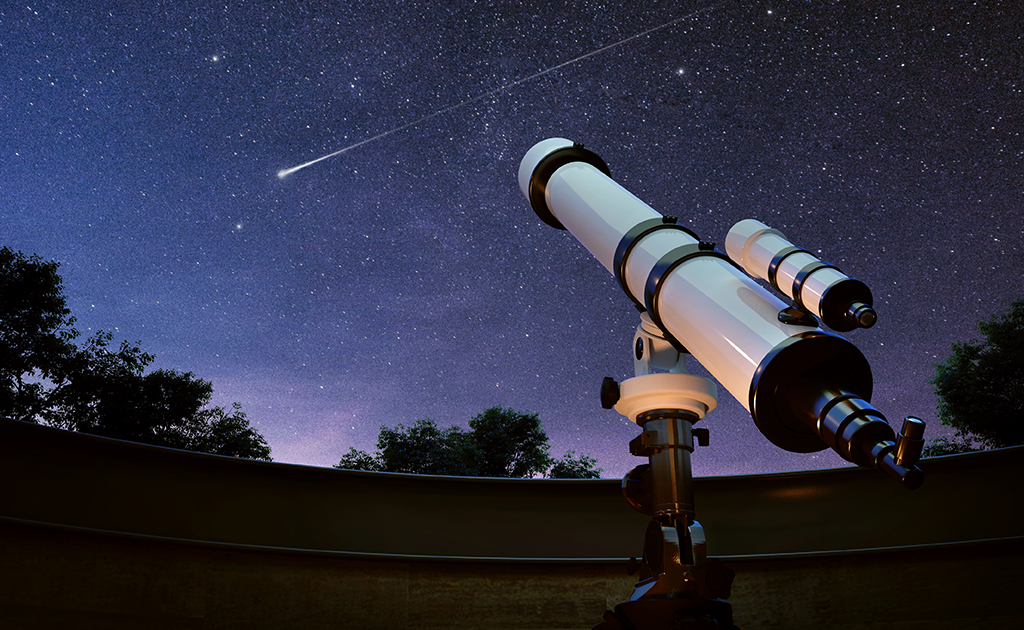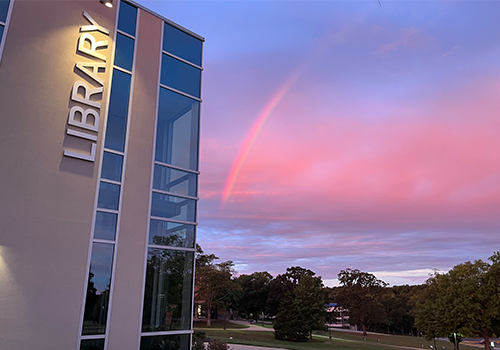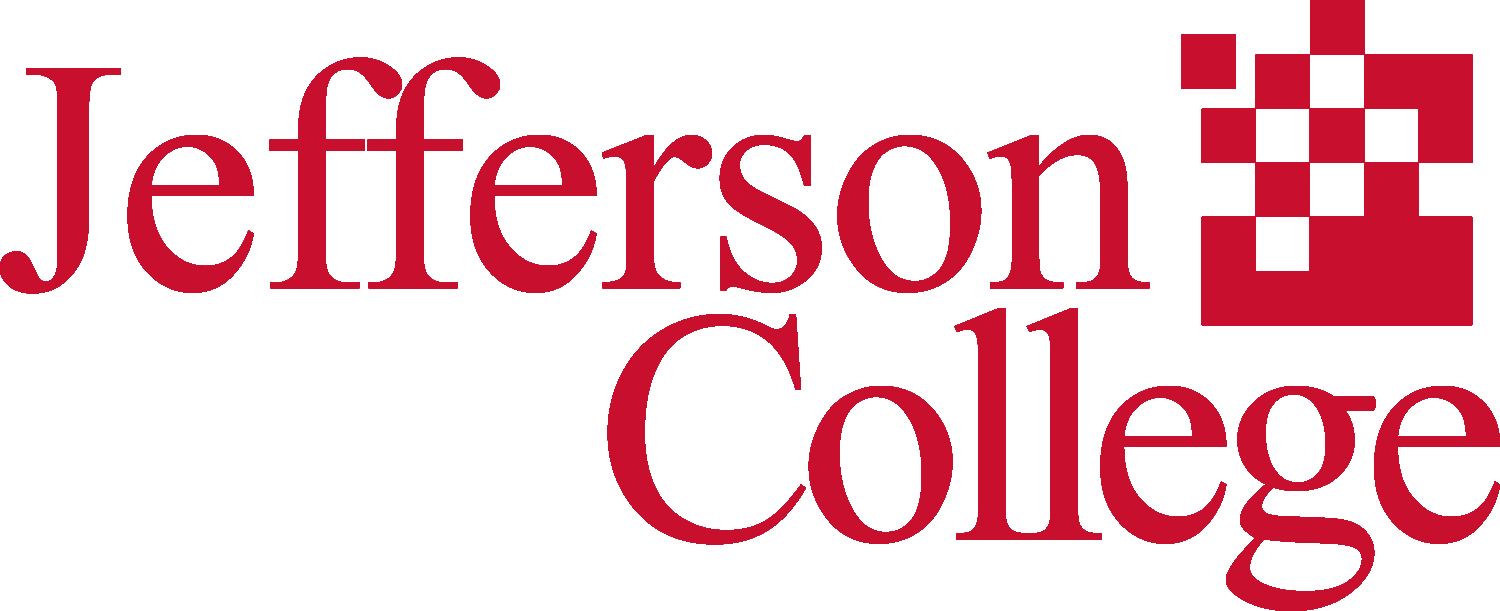Astronomy

Program Overview
Taking an astronomy course is beneficial for various reasons, including fostering a deeper understanding of the universe, enhancing critical thinking skills, improving problem-solving abilities, and offering a sense of wonder and inspiration. Moreover, the skills gained from studying astronomy have practical applications across diverse fields.
Degree Information
For those non-scientists, such as education majors, the Physical Science course offers a fundamental approach to science and how it's interlinked to everyday life. Major topics include: the history of science, the applications of mechanics, astronomy, geology, and meteorology.
Elementary and General Physics presents a more in-depth exploration of physical principles for students pursuing degrees in engineering, medicine, computer science, and other technical fields. In addition to a critical understanding of the laws of nature, physics students gain experience in problem formulation and solving, measurement, and computer skills which prepare them for the challenge of a four year institution and future career fields. Students in Jefferson College's Pre-Engineering program are allowed to transfer to an engineering school with a Junior standing.
Academic Plan
The Academic Plan is a semester-by-semester plan for the full-time college-ready student. Part-time students should work with an advisor to customize the map to fit individual needs.
Course Guides
Jefferson College Institutional Course Guides (ICGs) are found in the Simple Syllabus - Syllabus Library AND/OR within your Canvas class page via the Simple Syllabus link in the Course Navigation Menu.
Career Opportunities
Astronomy offers a diverse range of career opportunities that cater to various interests and educational backgrounds. Graduates can pursue careers in academics, research facilities, technology, aerospace, and even policy. Each path comes with its own unique requirements, challenges, and rewards.








